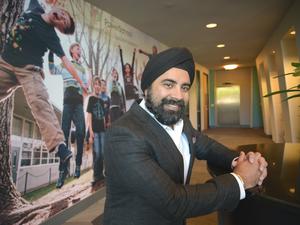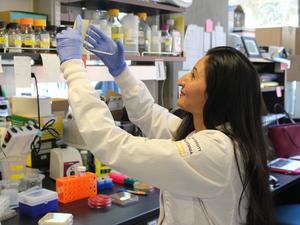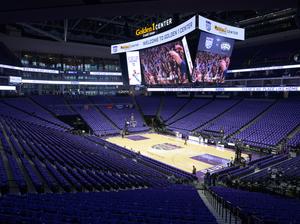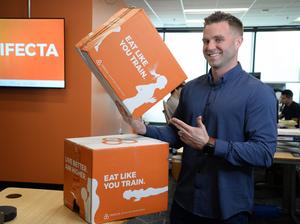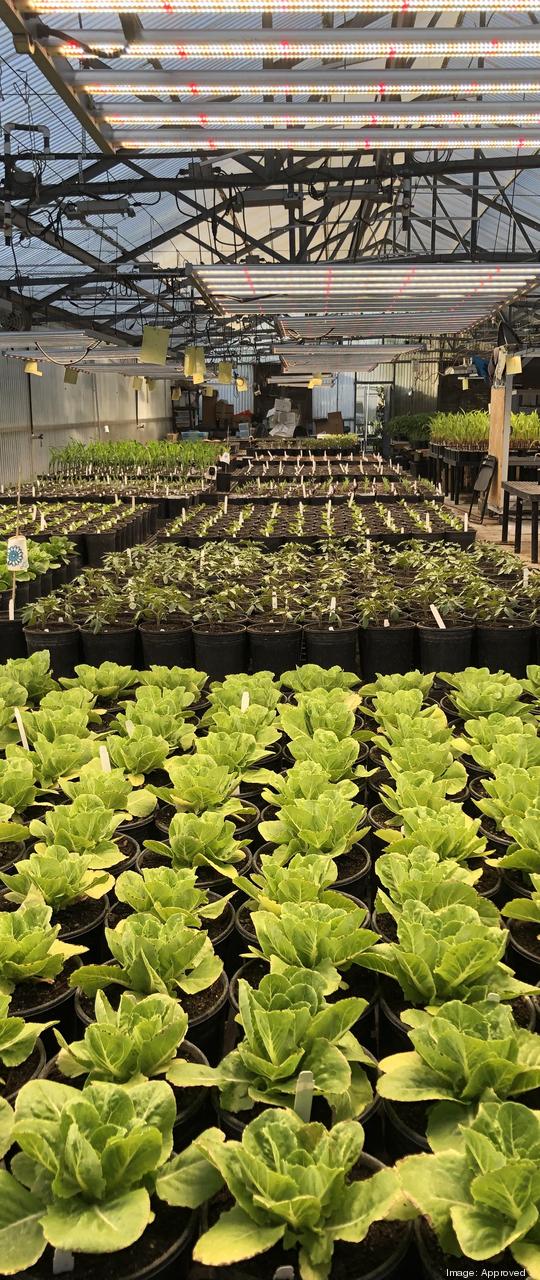
After successful field trials last year, chemical giant The Mosaic Co. has expanded its collaboration with Davis-based BioConsortia Inc. to include major Asian food-producing countries.
In December 2020, the two companies negotiated a deal where Mosaic (NYSE: MOS) got exclusive rights for BioConsortia's nitrogen-fixing microbial products for some major row crops in the Americas.
The new deal, announced this week, expands the collaboration to corn, wheat, rice, fruit and vegetables in China, India, Thailand and Vietnam.
“They are really motivated in the sustainable space,” BioConsortia CEO Marcus Meadows-Smith told the Business Journal.
The partnership will commercialize the nitrogen-fixing ability of BioConsortia’s microbes to harvest free nitrogen from the air and soil. Nitrogen sales as fertilizer represent a $230 billion market, and nitrogen is one of the biggest costs for growers, Meadows-Smith said.
Mosaic is a Fortune 500 company based in Tampa, Florida. It is the largest U.S. producer of potash and phosphate, which are crop nutrients, that it sells globally. Mosaic had net income of $1.63 billion on revenue of $12.4 billion in 2021.
Mosaic is one of the few large agricultural chemical companies that doesn’t sell nitrogen.
“We are their nitrogen play into the market,” Meadows-Smith said.
In last year's field trials, BioConsortia's microbial treatments successfully colonized plant root systems to harness free nitrogen for use by the plants, he said.
By reducing the amount of nitrogen farmers apply, it lowers greenhouse gas emissions and runoff of excess nitrogen fertilizer into waterways, said Jon Amdursky, spokesman for BioConsortia. “Growers can use a lot less fertilizer and get a lot more yield.”
A 2014 startup, BioConsortia has 45 employees, most of them scientists. It has nearly 30 researchers in Davis, and it has a team of six in New Zealand. The company is pre-revenue.
The sale of the nitrogen-fixing microbes as a fertilizer could start in 2023 or 2024. Because it is a fertilizer, it requires a shorter regulatory approval than pesticides.
BioConsortia is also working on biological controls as pesticides and fungicides in agriculture, though none of them has made it to market.
The benefit of working with a large global company is that Mosaic has a global sales team in place, so BioConsortia can leverage that without building its own.
“They have innovative technology and an extensive sales force on the ground,” Meadows-Smith said, adding that Mosaic is in smartphone contact with about 1 million farmers to answer questions.
Since 2014, BioConsortia has raised more than $40 million from Bay Area venture capital firms Khosla Ventures and Otter Capital LLC.
The company is developing biopesticides, biostimulants and other soil and root microbe technology. Much of BioConsortia’s technology allows for the efficient uptake and use of fertilizers, such as nitrogen, phosphorus, potassium and sulphur. By making plants more efficient at absorbing fertilizers, farmers save money and apply less, which is also beneficial to the environment and waterways.
A year ago, BioConsortia moved into a larger lab and office space in Davis.
